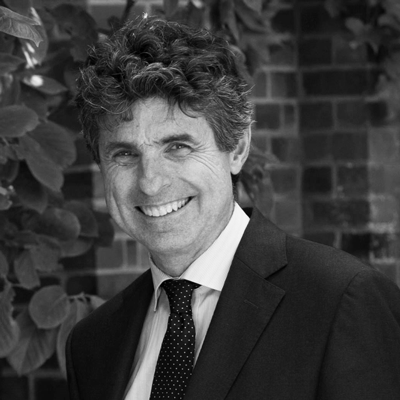The announcement of the world’s biggest education prize, worth more than $A12 million, offered by a Chinese tech billionaire, is symbolic of the surging wave of education for next gen China.
Working with a group of schools myself in China recently, I have seen firsthand there’s a great desire for change. Support for a broadening of the educational curriculum, processes and pedagogy to embrace such change has been furthered by a serious degree of investment growth in education both from the public and private sectors, parents and students themselves.
The Yidan Prize, named after its initiator, Charles Chen Yidan, will recognise outstanding individuals, such as teachers, or teams of people working in education, providing them with substantial investment to fund their projects. According to the Times Educational Supplement, the award aims to become the Nobel Prize for education. Yidan says one of the aims for the prize is to support “agents of change” in education.
The Chinese desire to bring big ideas to education is obvious. Encouraging creativity and innovation amongst students as well as the teaching profession broadly reflects their desire to be internationally competitive. Too often elsewhere, pressure to maintain high scores in assessments such as PISA tests (the OCED’s international tests in Maths, Science and Reading) are often seen at odds with the pursuit of creativity and imaginative thinking. Interestingly, PISA tests are soon to include “global skills” and cultural awareness for their next round of tests in 2018. Considering that in many parts of China, the results in those PISA scores are 30 per cent higher than those of Australian children in the same age group, there’s much our two countries could learn from each other.
On my recent visit to Beijing, Chongqing and Hong Kong, I saw wonderful opportunities for Australian educators and all others with specialist abilities associated with education. Working overseas for a period of time in any profession is an opportunity to gain experiences that shape and enhance your world view, with flow-on benefits to the development of your industry, both locally and abroad. But it’s not only our teachers who can realise these opportunities. In the education sector in China, associated technical professionals such as the architects who design school buildings and the engineers who construct them are also keenly sought after.
Australian investment in China and other rapidly developing nations in South East Asia means we are well placed to help lead innovation and drive ongoing change. Education is one area where we enjoy a high reputation internationally, with a strong track record in teaching and learning, as well as a growing export market for our skills and experience in the field.
What opportunities have you seen in the domestic or global market for your organisation that could advocate for positive change?

Andrew Barr is Practice Lead – Education at Slade Group. He has taught and held Principal positions at schools in Victoria, the UK and Tasmania. Andrew was Regional Director of the Round Square Association, National Chair of AHISA and Director of the Principals Australia Institute. He completed a Bachelor of Economics and Master of Education Studies at Monash University and a Diploma of Education at the University of Sydney. Andrew remains very engaged in the NGO sector, including a focus on improving educational outcomes for First Nations children. Read more…
Andrew Barr
Practice Lead – Education
Tel: +61 400 762 660
abarr@sladegroup.com.au
